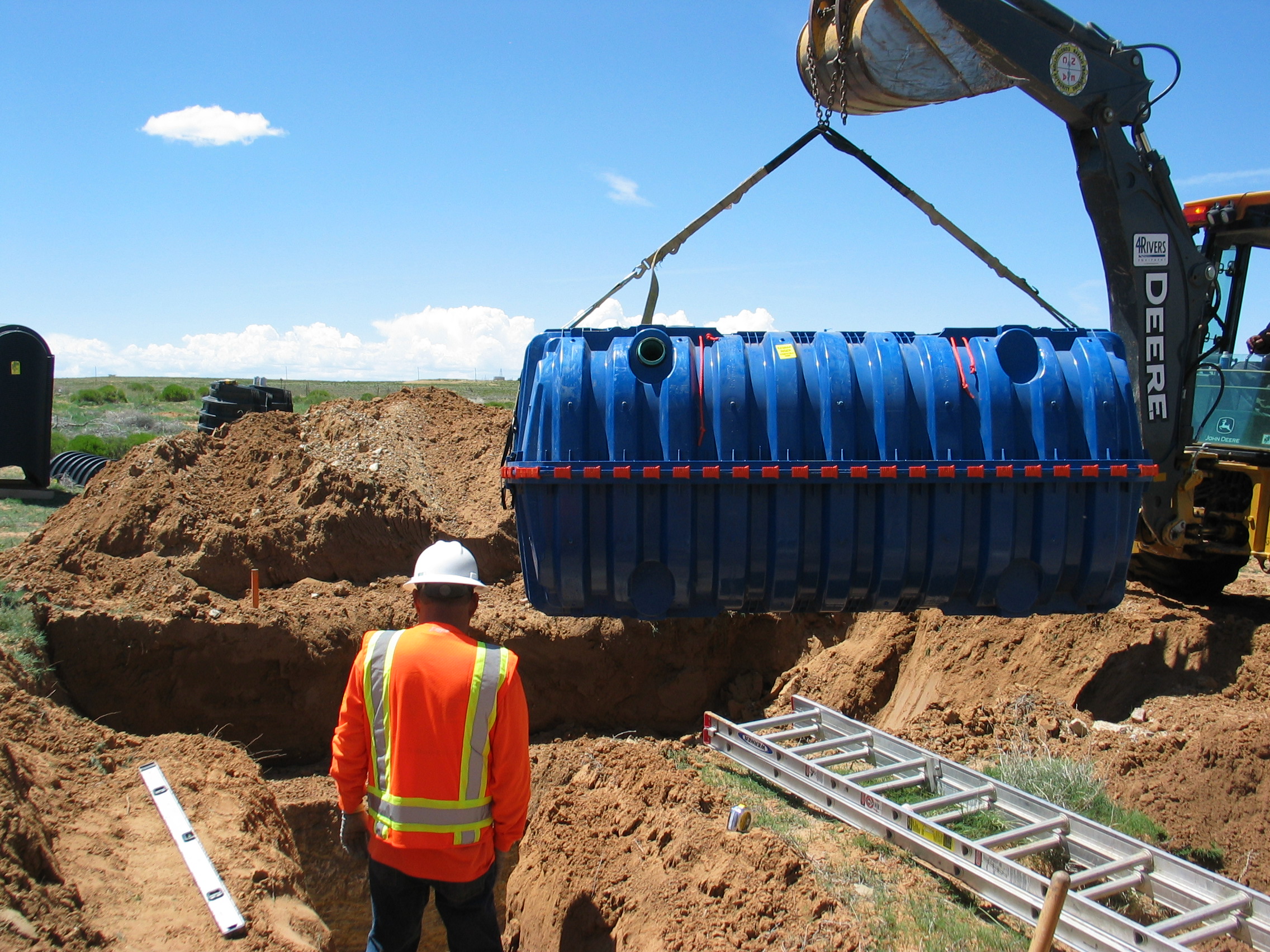
- Details
- By Chez Oxendine, Tribal Business News
The Indian Health Service has allocated $700 million for tribal sanitation infrastructure through its Sanitation Facilities Construction (SFC) Program for fiscal 2025. The program aims to improve Native access to drinking water sources, sewage systems, and solid waste disposal facilities.
The SFC Program uses $3.5 billion allocated to the IHS from 2021’s Bipartisan Infrastructure Law, with funding distributed from fiscal 2022 to fiscal 2026. The program provides technical and financial assistance to Native American and Alaska Native communities for the development and construction of safe water, wastewater, and solid waste systems and related support facilities.
This marks the earliest in a fiscal year that funding has been made available, according to an IHS press release. The early announcement allows tribes more time for planning and implementation.
The $700 million investment represents "once-in-a-generation investments in our nation's infrastructure," Health and Human Services Secretary Xavier Becerra said in a statement, adding that the funding demonstrates the administration's commitment to prioritizing health and investment in Indian Country.
The SFC Program targets projects that have completed planning, including environmental and feasibility studies, and are ready for design and construction. The IHS statement notes that finding funding for planning costs remains paramount — a common concern in Indian Country, per prior Tribal Business News reporting.)
The funding will serve more than 14,000 Native American and Alaska Native (AI/AN) households. The program has benefited nearly 110,000 AI/AN households over its first four years. In 2023, IHS launched an interactive website meant to track SFC program constructions and their impacts.
IHS Director Roselyn Tso said the funding supported over 765 construction projects over the first three years of the project, with this year’s funding adding 67 new projects.
The agency will continue working with tribal partners and federal agencies like the EPA, Army Corps of Engineers, and Bureau of Reclamation to deliver water and waste management systems to tribal communities, Tso said in a statement.
Can we take a minute to talk about tribal sovereignty?
Our mission draws from the warrior spirit that has sustained Indigenous peoples for generations — the same spirit that drives us to stand guard over tribal rights through relentless investigation and fearless reporting.
Sovereignty isn't just a concept – it's the foundation of Native nations' right to govern, protect our lands, and preserve our cultures. Every story we publish strengthens tribal sovereignty.
Unlike mainstream media, we center Indigenous voices and report directly from Native communities. When we cover land rights, water protection, or tribal governance, we're not just sharing news – we're documenting our living history and defending our future.
Our journalism is powered by readers, not shareholders. If you believe in the importance of Native-led media in protecting tribal sovereignty, consider supporting our work today.
